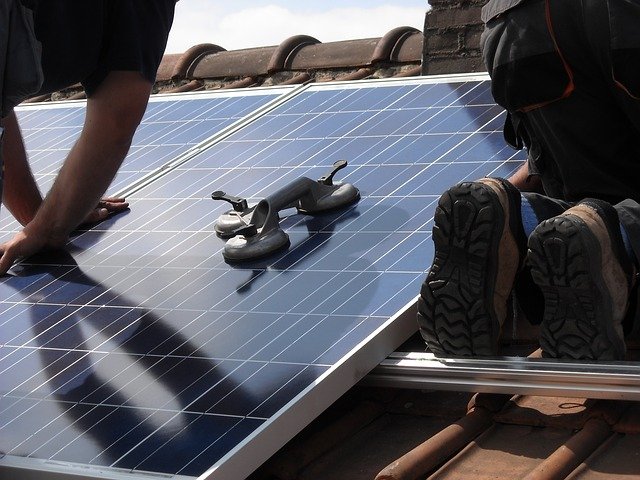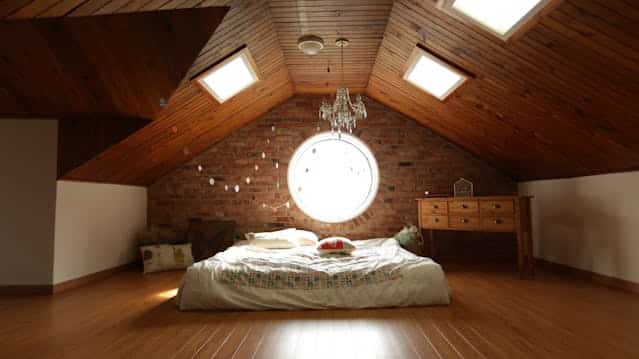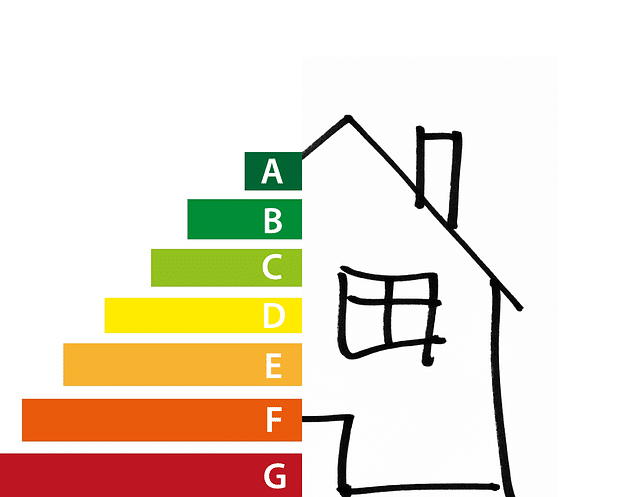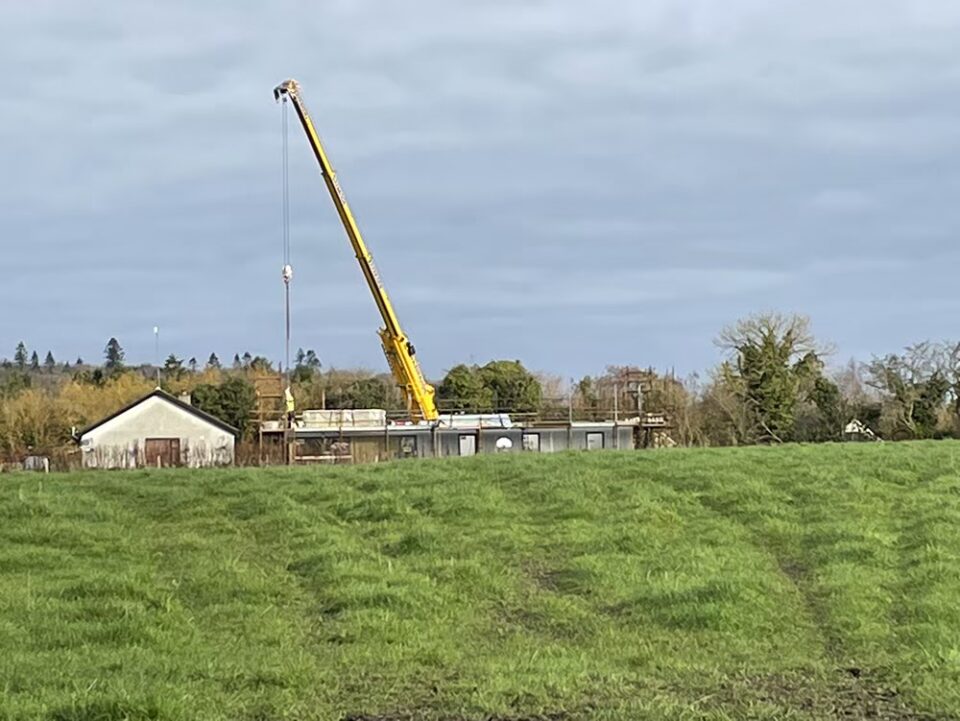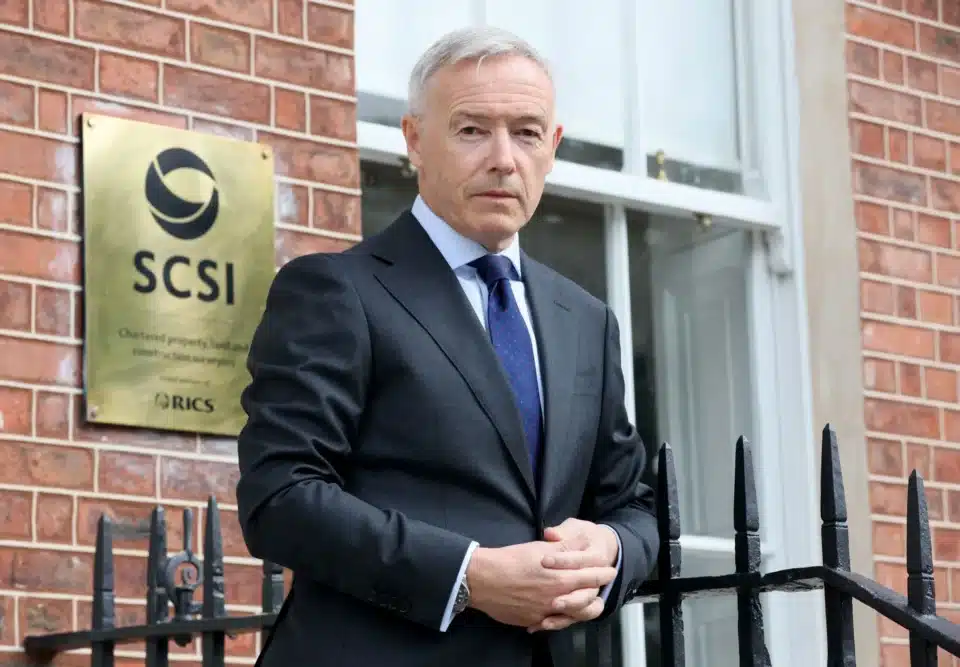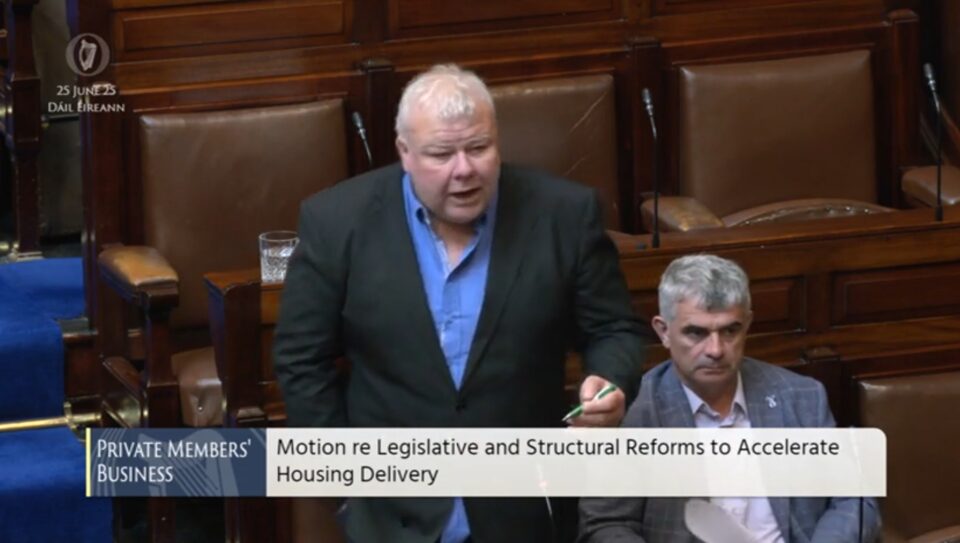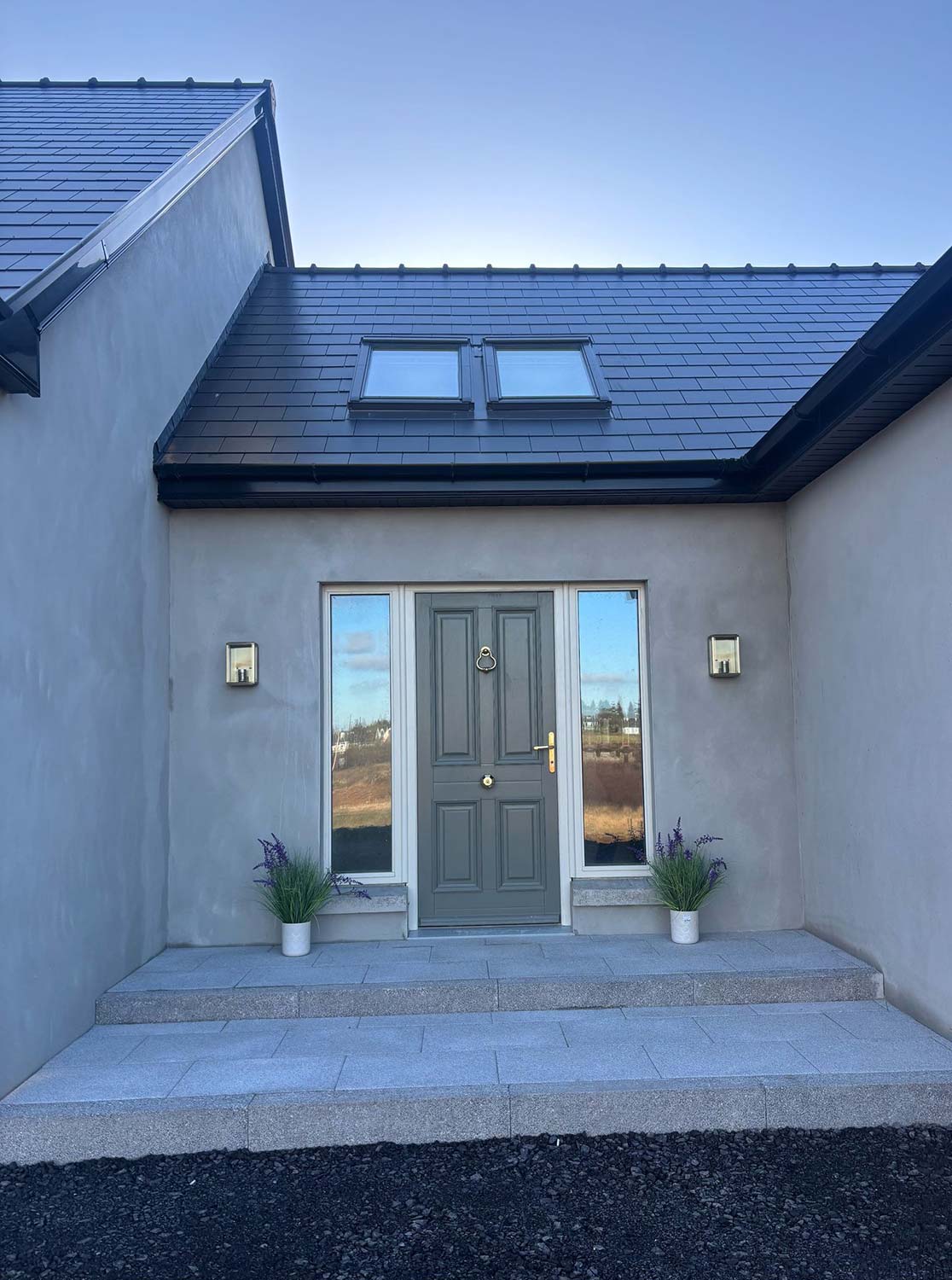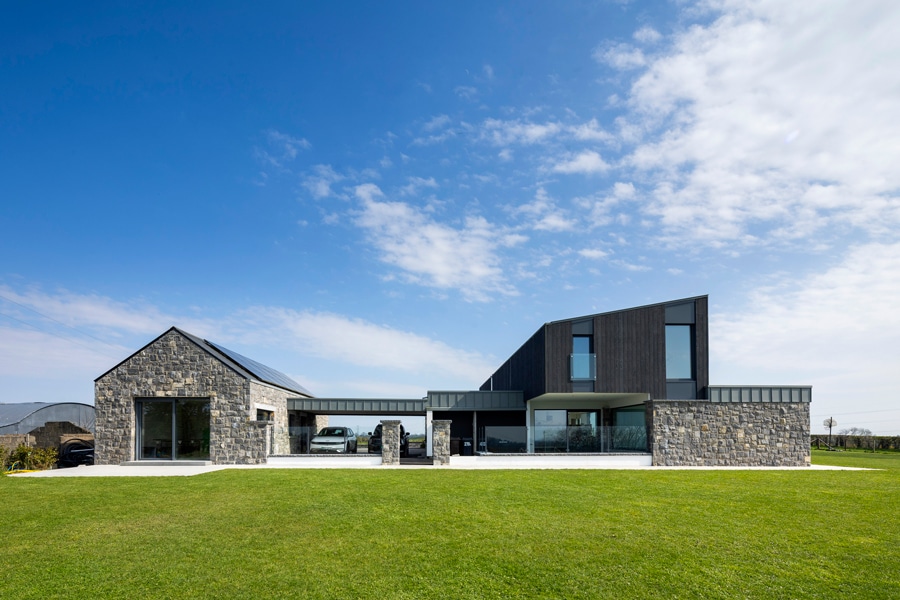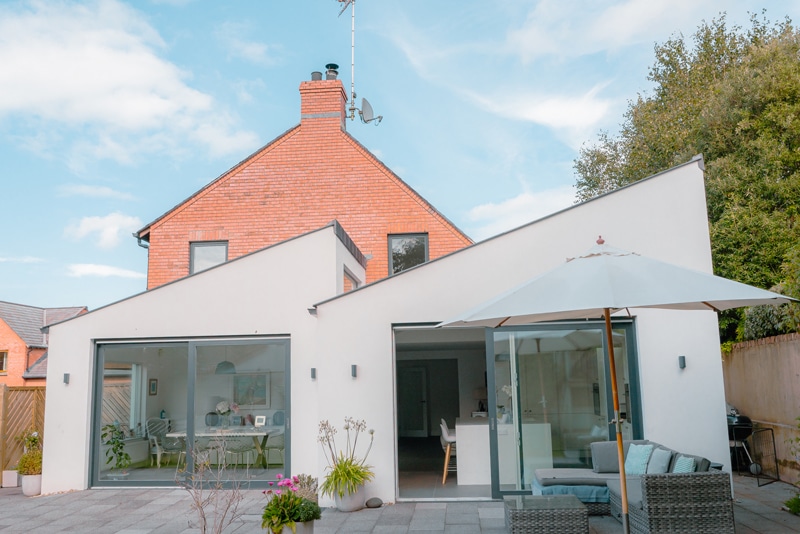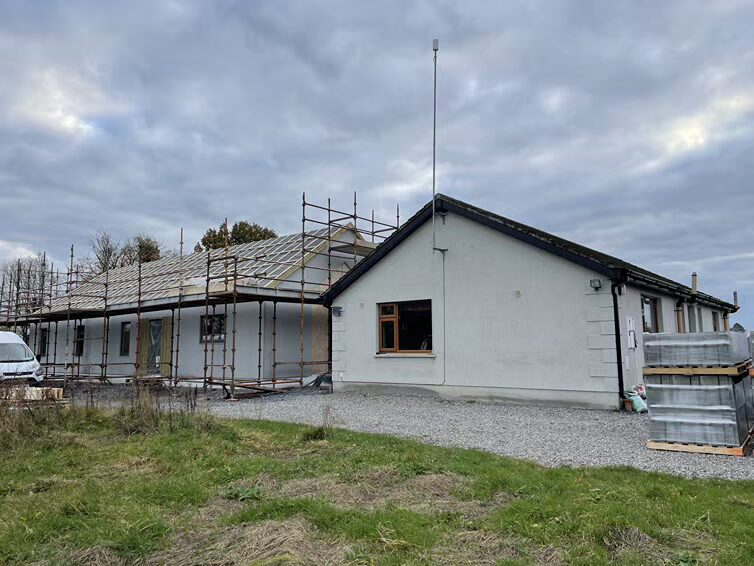The Department of Environment is launching a public consultation today (14th January 2021) to help design how the Microgeneration Support Scheme will operate.
Homes, small businesses and farms that generate a small amount of energy from their on-site electricity system, often photovoltaic (PV) solar panels in the case of homeowners, are known as microgenerators.
Homeowners can currently apply for a grant to install PV panels on their existing home, as long as it has been built before 2011 and is energy efficient.
Most microgenerators usually serve their own consumption needs. This is because it is less efficient to export electricity to the grid than to use the electricity where it is generated.
The Sustainable Energy Authority of Ireland in fact adapted its grant system in 2019 to encourage homeowners to install systems no larger than they need.
Feed-in tariff
The Department says that in order to be eligible to sell electricity back to the grid under this new Microgeneration Support Scheme, microgenerators will have to first met minimum energy efficiency requirements for their properties.
This presumably would require the property to be brought up to at least a B2 on the Building Energy Rating scale, the current benchmark for major renovations.
“The principle of an energy efficiency first approach to building retrofit is included,” states the press release.
The Department is promising a “fair price” for the electricity microgenerators will sell back to the grid. However, the models being looked at by the Sustainable Energy Authority of Ireland in the past indicate the feed-in tariff will be modest.
The move is in line with previous commitments by government, especially as outlined in the Climate Action Plan.
A consultant’s report issued as part of the public consultation, by Ricardo Confidential, states only solar PV panels and micro-CHP are suitable technologies for Irish homes.
Minister for the Environment, Climate and Communications, Eamonn Ryan TD said: “This scheme will allow people and communities to become active participants in the energy transition. By producing and selling their own electricity citizens, farmers, business owners and community organisations can save on their energy costs and reduce their carbon footprint. I urge interested parties to get involved and have their say.”
The public consultation closes on February the 18th 2021 at 17.30hrs. Submissions can be made by email or post.
UPDATE March 2021: From a spokesperson for the Dept. of the Environment, Climate, & Communications.
Over 900 submissions to the MSS public consultation were received and the analysis of those submissions has commenced, with a view to publication of the final approved scheme in Q2 2021. Further updates can be found at gov.ie – Renewable Electricity

